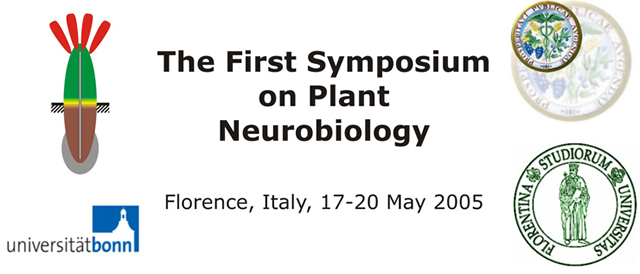|
Heat-induced electrical signals change photosynthesis in poplar |
| |
|
Silke Lautner, Thorsten E.E.
Grams, Rainer Matyssek and Jörg Fromm* |
|
Fachgebiet Holzbiologie,TU München,
Winzererstr. 45, 80797 München, Germany |
| *email:
fromm@holz.forst.tu-muenchen.de
|
| |
|
Plants respond to various
abiotic stimuli by generation and propagation of electrical signals. To get more information on the response
of photosystem II (PSII) in higher plants, we investigated heat-induced long and short-distance signalling in
poplar trees (Populus trichocarpa) by means of chlorophyll fluorescence imaging. In both types of
signalling, PSII quantum yield of electron transport is reduced significantly (from c. 0.55 to 0.35).
Two-dimensional imaging analysis of the fluorescence signal manifests the yield reduction which spreads via
the veins through the leaves. The different types of signal propagation were shown by microelectrode
measurements in leaf-vein phloem via the aphid technique; basipetal signal transduction leads to rapid
membrane hyperpolarisation within the same leaf, whereas acropetal long-distance signalling causes
depolarisation of the membrane potential in leaf phloem. Moreover, gas exchange measurements revealed that the
depolarising signals travel distances across the stem to neighbouring leaves where the net CO2
uptake rate is temporarily depressed towards compensation. Controls show that after cooling of the stem to
+4°C electrical signal transmission via the phloem is disrupted so that leaf gas exchange stays unchanged.
By measuring calcium-deficient poplar plants, a much lower amplitude of the electrical signal was detected,
and no significant response in gas exchange was observed after heat-induced wounding of leaves. We therefore
conclude that electrical signals significantly affect the photosynthetic performance of poplar
trees. |

